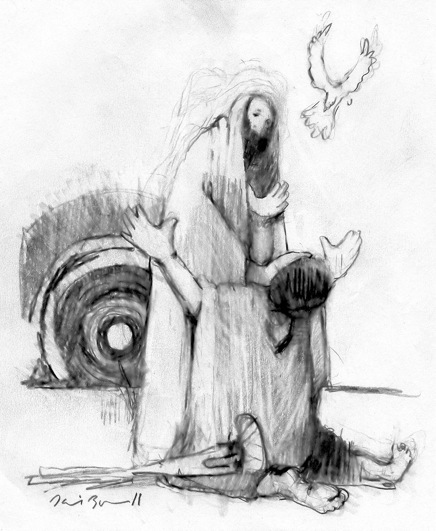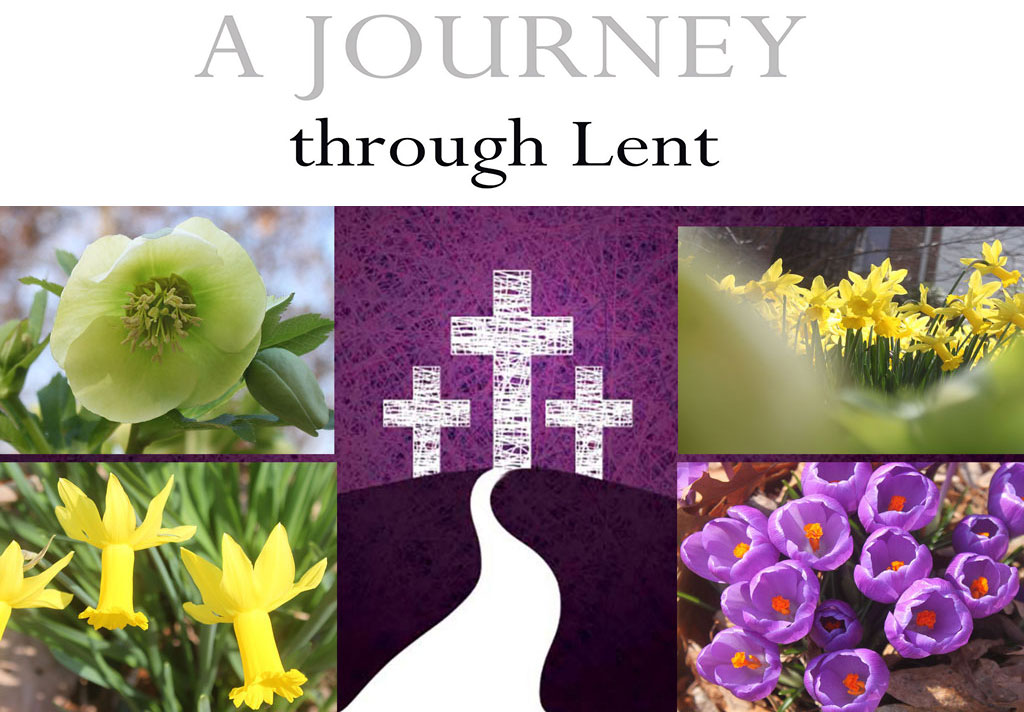
Rembrandt-The-Healing of the Mother in Law of St.Peter
Next Sunday is the Last Sunday after the Epiphany so let’s do a quick review of this season. During the Season after the Epiphany, scripture reminds us all over again who Jesus is, the Son of God, and who we can become in the light of who He is.
The Season after the Epiphany always starts out with the baptism of Jesus in the Jordan River, when the heavens are torn apart and the Spirit descends like a dove, and God speaks—“You are my Son, the Beloved; with you I am well pleased.” And then the season always ends with the Transfiguration, that mystical experience on top of a mountain in which we hear God’s voice once more, “This is my Son, the Beloved; listen to him!” But that’s next week.
In between Jesus’ baptism and his Transfiguration, scripture gives us proofs that Jesus is indeed the Beloved Son of God.
In last week’s gospel, we found Jesus in the synagogue in Capernaum with his disciples. Jesus is teaching with authority, not as the scribes, and then a man with a demon starts ranting and raving against Jesus—I know who YOU are—the Holy One of God! What are you doing here? This is our territory.” And indeed this demon in the man makes a valid point. Sometimes it’s easy to believe that the world has been taken over by spirits that want to keep anything holy, true, trustworthy and healing out so that they can continue to bring distrust, hatred, violence, destruction, and death to hold us all captive.
When Jesus said that the Kingdom of God has come near, he meant it. He came to rid the earth, and us, of the demons that hold us in thrall. And so he casts out the demon in the man, showing the people in the synagogue, and us, that he has authority over even the demons that threaten to take us, and that he has authority over Satan himself.
Now we come to today’s readings. Jesus has just cast out the demon, and now he and Simon and Andrew and James and John go to Simon’s house. All is not well here either—there isn’t a demon, but Simon’s mother-in-law is sick in bed with a fever. The disciples tell Jesus about this at once. Jesus goes to the woman, takes her by the hand and lifts her up. Is any word spoken? We don’t know.
Read more





